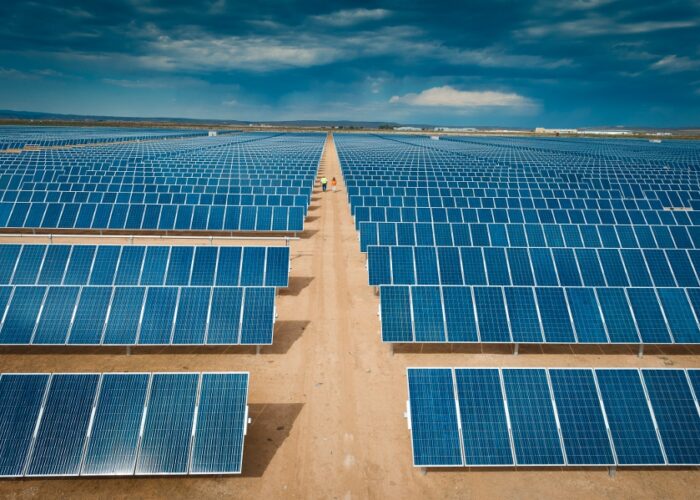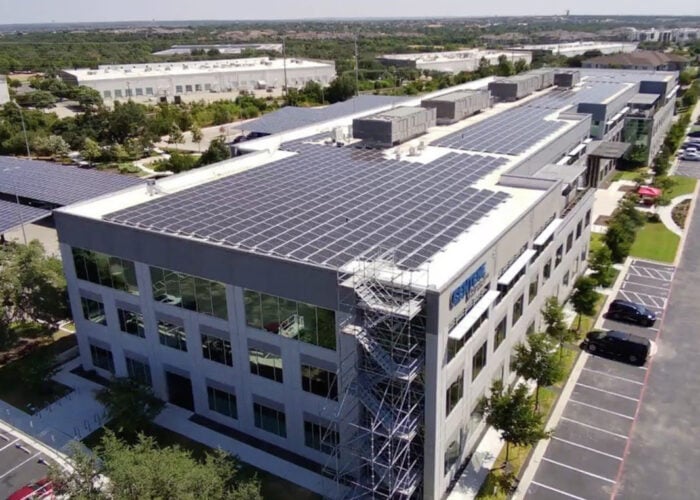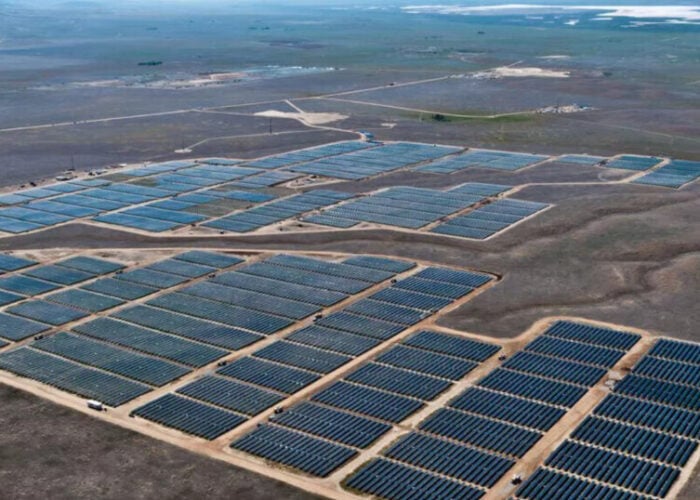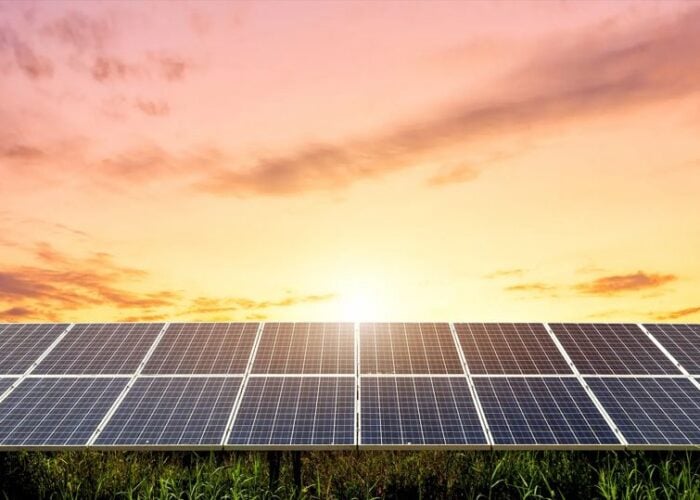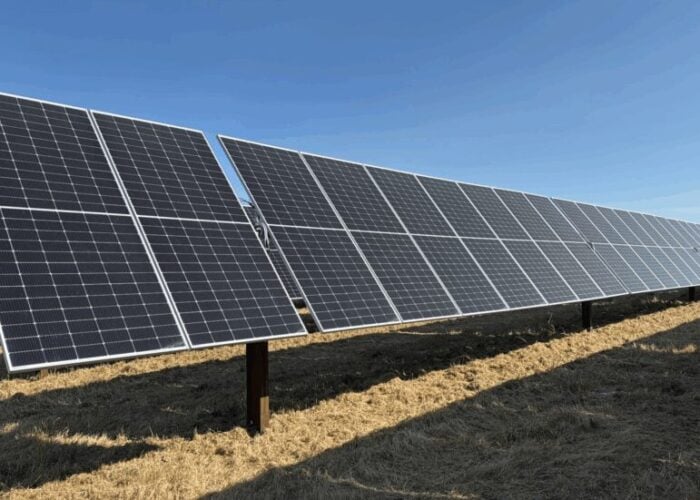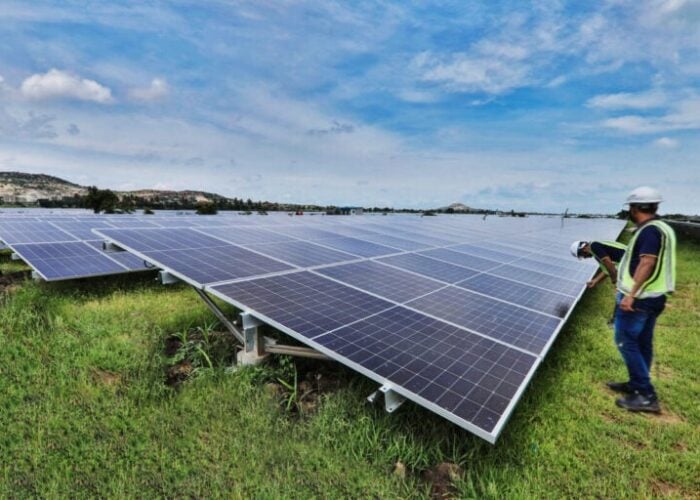
Japanese oil and metals giant Eneos has bought Japan Renewable Energy Corporation (JRE) as it seeks to bolster its sustainable portfolio and target renewables growth.
The transaction is expected to be completed in late 2022, when JRE will become a wholly-owned subsidiary of Eneos. The deal is worth US$1.8 billion, according to the Nikkei.
Try Premium for just $1
- Full premium access for the first month at only $1
- Converts to an annual rate after 30 days unless cancelled
- Cancel anytime during the trial period
Premium Benefits
- Expert industry analysis and interviews
- Digital access to PV Tech Power journal
- Exclusive event discounts
Or get the full Premium subscription right away
Or continue reading this article for free
JRE is currently owned by Goldman Sachs and an affiliate of Singaporean GIC Private Limited. Established by Goldman Sachs in 2012, it has since developed a renewables portfolio across Japan in solar, onshore wind and biomass.
As of September this year, JRE owns more than 877MW of renewable assets – 419MW in operation and 457MW under construction, based on gross capacity, according to a company media release.
“Under the new ownership of Eneos, JRE expects to further accelerate the business expansion by leveraging the knowledge and network Eneos has accumulated as an energy company,” the statement read.
Eneos aims to have a portfolio of more than 1GW by the end of 2022. After the JRE transaction, it has roughly 1.2GW of renewable power in operation or under construction, meaning it had around 325MW before the deal.
Eneos has presented a number of goals as part of its ‘Long-Term Vision 2040’ and has said it will invest in growing next generation energy supply and environmentally conscious businesses as it seeks to achieve carbon neutrality by 2040, with the acquisition of JRE fitting into this purported strategy.
“JRE is now a leading renewable energy company in the country and GIC is pleased to have played a part in that growth. We believe the company will continue to grow under the new ownership,” said Ang Eng Seng, CIO of infrastructure at GIC.

